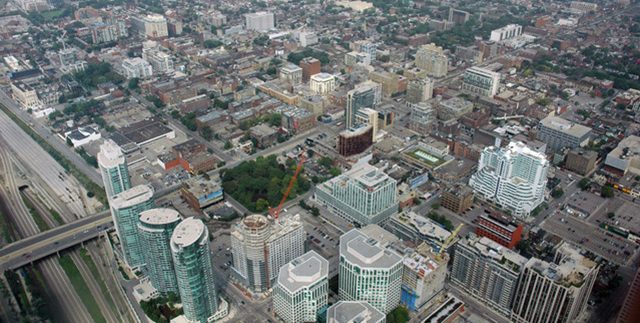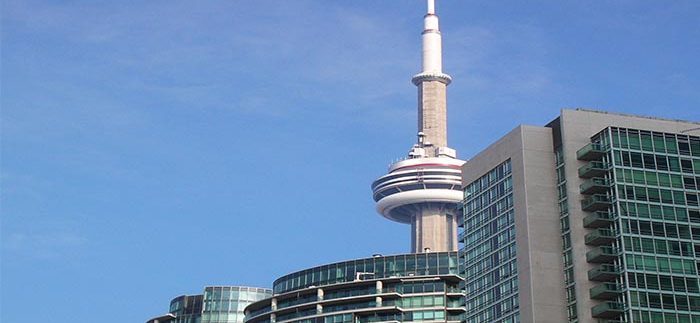
• Lack of new developments and lack of available land for development
• International interest in Vancouver as a world-class city
• Current Canadian dollar values versus international currency putting a discount on real estate purchases as high as 20%And, as recently pointed out, there are unintended consequences and loopholes to the implementation of this tax. In Ontario, the government will be watching BC’s progress closely and they may even take a cue from what is happening in the west and add a similar tax on foreign purchasers here. I believe that will be a mistake for several reasons:
• Current affordability is driven by market demand, cheap money, and a solid local Toronto economy
• The market will calm itself, and price increases will not be so alarming, once the economy stabilizes and shows signs of growth along with rising interest rates brought about by the Bank of Canada in late 2017 or 2018
• Any sudden changes to the purchase options will negatively affect not only Toronto’s local economy but the Canadian economy as a whole as builders will have fewer clients purchasing and allowing them to move forward with constructionToronto, as a wonderful example of a world-class city, exemplifies the integration and equality that Canada stands for and by putting a financial cost to investment here will reverse the initiative of developers planning new construction as their projects will take longer to sell. This will also set a precedent of protectionism that does not reflect the Canadian marketplace. Developers are planning construction now based on several factors that will not see completion for several years, including:
• Public transportation expansion
• Highway expansion
• Land reserves being turned into residential and commercial development properties
• Continued interest by investors, inside and outside of Canada, for real estateInterruption in any one of these points will cause the prices to stop increasing as they have by market forces and not government intervention.As a real estate investor, Canadian or international, you have the opportunity to take advantage of the current market and realize the return on investment you desire in Toronto.
Effects of BC’s Foreign Buyer Tax:
It’s been quite a week in real estate.
British Columbia has imposed a “foreign buyers tax” of 15% of the purchase price of residential properties.
This tax has been welcomed equally with open arms and disgust. It’s been called a way to “tame the market” as well as discriminatory and illegal.
There is one thing I can tell you with certainty: the overall effect of this tax will be hard to determine even if the market cools and housing prices in Vancouver stabilize.
The factors that determine the price of real estate are many. The basics are supply and demand. Add to the mix low-interest rates, a solid local economy and slowing growth of new construction and you have a hot market at any time.
Real estate sales are seasonal business. By imposing this tax at this time of year and expecting to see results as fewer homes are listed for sale, as the normal course of the selling season begins to wane, is foolhardy at worse.
Will a “Foreign Buyers Tax” Come to Ontario?
In Ontario, of course, the government is watching this tax on the effect of the BC housing market.
But in Toronto, we have a different set of circumstances that have compounded the price of home ownership.
Restrictive land use policies, a booming local economy and a steady stream of immigration has added to the population and added to the desire of becoming a homeowner, bringing the result of higher demand that drives prices up.
I don’t expect the provincial government to act quickly, rather have a “wait and see” attitude about a buyer’s tax.
Investing now will still bring an excellent return on investment and, if the government does decide to bring in a buyer’s tax in the future, now is the time to make that investment in local real estate to realize tens of thousands of dollars in savings.
BC foreign buyer tax calculator.

